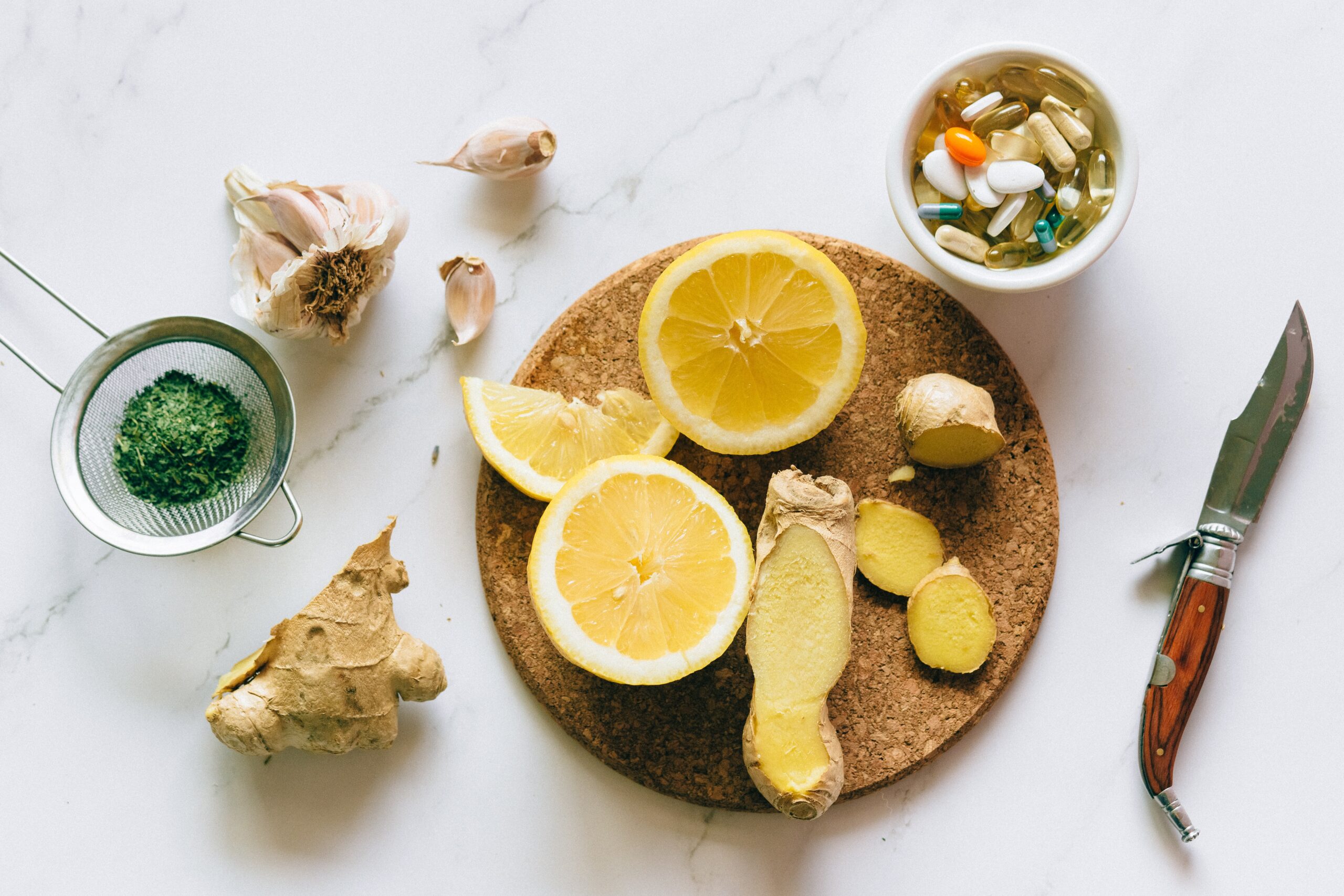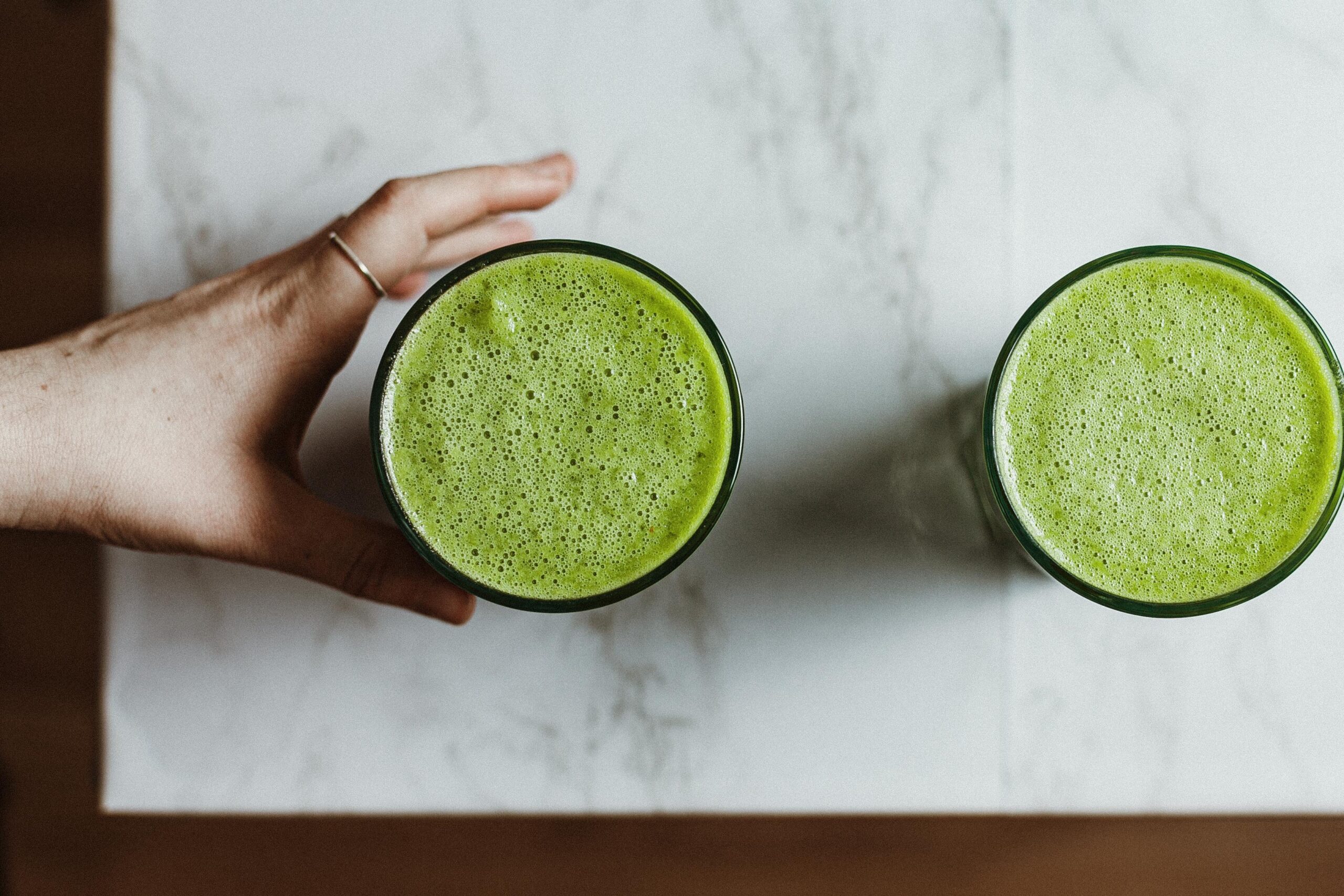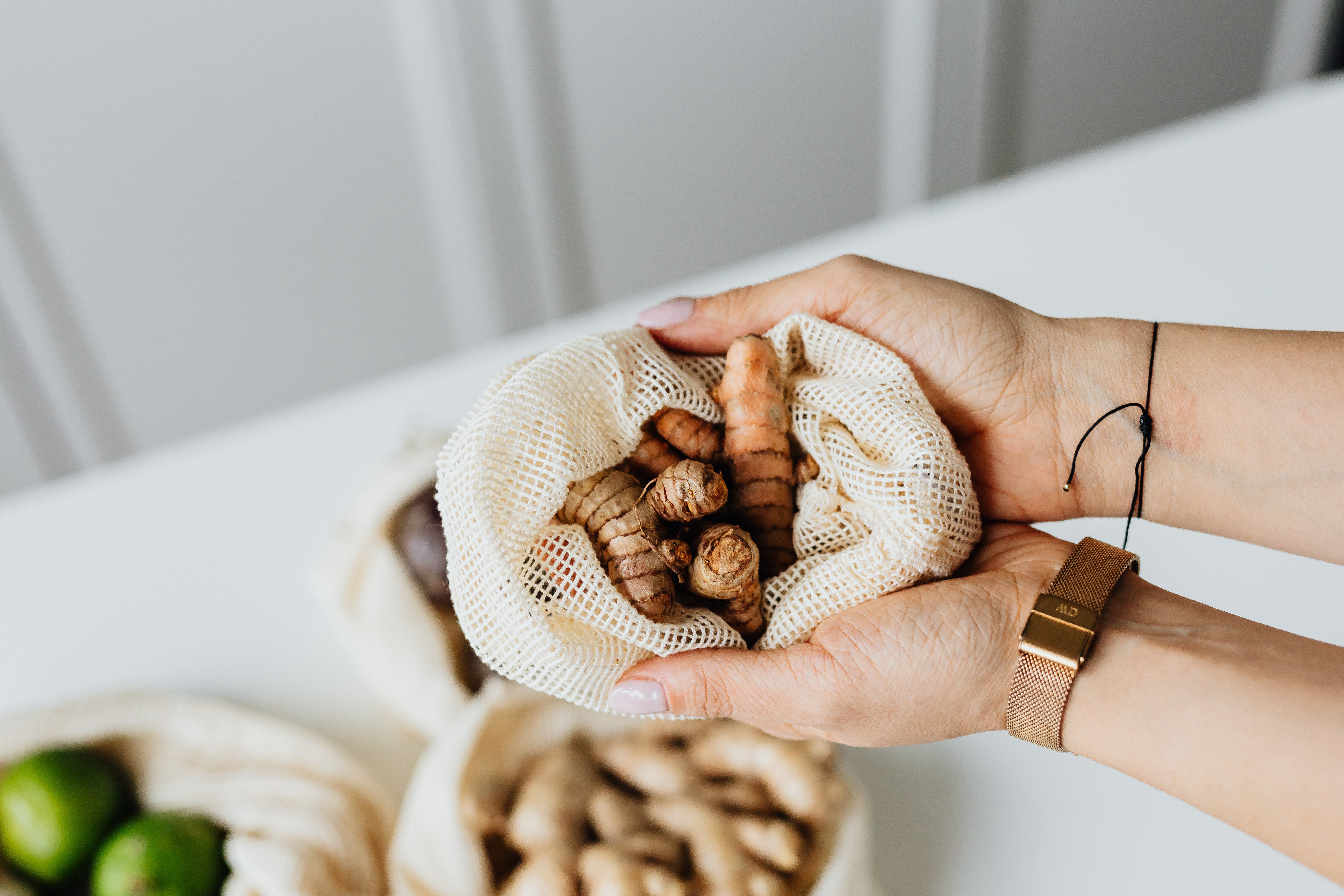It seems that as soon as the weather cools, the cold and flu season hits. Having had an influx of patients over the last few weeks with colds, sore throats, sinus infections and coughs it is important to make sure you are prepared should you feel the dreaded flu lurking. While researchers are yet to understand why we are more prone to ‘colds’ when the weather is cooler, we cannot deny winter brings with it the cold and flu season. Kids average six to eight colds a year and adults between two and three. While it is normal for us to get a few colds a year, these should only last a couple of days at a time and all the research shows that if you get on top of the symptoms as soon as they start you should not be sick for long. Here are some of the handiest products, home remedies and foods to keep in the house to support immune health- think of them as your natural medicine cabinet essentials for winter.
Manuka honey
Manuka honey has natural antibacterial properties (and taste good!). A teaspoon a day is a great way to prevent infection! A spoonful can help a sore, irritated or itchy throat, calm a cough and can even be used topically on the skin for wounds. It can be used to flavour a flu brew tea (see recipe below) or to disguise the taste of herbs or garlic for kids. Manuka honey can be found in most health food stores and will have a UMF reading to describe its antibacterial strength. Use a 25-35+ UMF for immune health.
Garlic
Garlic is nature’s own antibiotic and works quickly to kill bacteria, so should always be on hand to cope with colds and flus. You can consume it by adding into foods (such as stir frys, soups, stews, curries or raw into salad dressings) as normal. However you should look at increasing your intake when unwell. Try rubbing raw garlic over your toast before adding your toppings, such as avocado. Add garlic into a fresh juice or your herbal teas. You can add a crushed garlic clove to olive oil to make olive oil ear drops for ear infections and ‘garlic socks’ work well on infants. Try crushing some garlic into your Manuka honey- a powerful combination that tastes fine. Yes, the odour will be evident for a few days but better to be smelly than sick
Ginger
Ginger has many immune based actions. Firstly, it is warming which helps to control a fever. It is a powerful anti-inflammatory and has some anti-viral activity. It has been shown to improve the function of our white blood cells, therefore boosting immunity. It also adds great flavour into your food! There are many ways you can increase your ginger intake. Grate fresh ginger into water or tea and sip. You can add a knob of ginger into a fresh juice. It’s delicious in salad dressings or stir fry’s. You can buy ginger tea in teabags that work just as well.
Thyme
Thyme is another great antibacterial and antimicrobial herb and is specific for chest based infections. You can add thyme leaves (fried or fresh) into your cooking. It is delicious over roasted veggies, marinades or into a salad dressing. You can also make a tea using thyme leaves- this is an excellent soothing remedy for a chest infection.
Liquorice tea
Liquorice is an anti-viral herb, so very useful to combat the flu and other viral infections. It is a great anti-inflammatory that helps to reduce inflammation specifically in the lining of the lungs and therefore helps recovery from a chest infection. It is also a demulcent, which means is aids healing and soothes and for this reason is can help to soothe a dry and sore throat. Liquorice tea is easily available in health food stores and tastes delicious!
Other tips:
• Drink plenty of water. Stay hydrated is key to controlling fevers and flushing the infection from your body
• Eat a diet high in fresh fruit and vegetables. This ensures that you get vitamins, minerals and antioxidants that are essential for a healthy immune system. The vitamin A, C and zinc are especially important. Vitamin A can be found in cod liver oil, eggs and dark green and yellow/orange vegetables (broccoli, spinach, sweet potato, pumpkin, carrots, apricots, rockmelon, squash. Vitamin C is high in broccoli, cabbage, oranges, all berries and kiqwi fruits. Zinc is found in oysters, all animal products and in high concentrations in nuts and seeds such as pepitas, sunflower seeds.
• Fresh vegetable juices are a great way to increase nutrient intake. Go easy on the fruit due to the sugar content, but add lots of different veggies.
• Avoid sugar. Sugar depresses the immune system and feeds bacteria. Avoid obviously sugary foods such as junk food, lollies, alcohol, soft drink, chocolate and fruit juice. Limit to 2-3 pieces of fruit a day and avoid dried fruit. Always check ingredients panels for sugar content, and don’t buy products with added sugars.
• Lower dairy consumption. Dairy disrupts the gut based immune balance and creates excessive mucous congestion.
• If you get sick- take action early! At the first sign of an infection seek advice from us on how to best treat it. If you being taking the appropriate nutrients quickly, you can often prevent it from taking hold. Take time off, rest and stay warm. Give the immune system a good chance to deal with the infection quickly and efficiently
Flu tea recipe
This flu brew is great for supporting a fever, inducing sweating and boosting the immune system. It’s an easy at-home remedy that can be enjoyed while you relax and rest. It can be made in bulk and sipped on throughout the day but is best served hot. Add the chilli to your own taste, but make sure you add enough to feel the heat. The chilli will aid a fever, induce sweating, improve circulation and clear the respiratory passages. Similarly, ginger is a diaphoretic and will induce sweating as well as have an anti-inflammatory effect. The garlic is a natural antibiotic (the more the better) and the lemon will sweeten it up enough to be enjoyable. It’s also a great way to stay hydrated.
Ingredients:
Ginger (thumb sized piece) chopped
A pinch of Chilli
Lemon (whole) squeezed
2 cloves Garlic – chopped
2 big glasses of water
1 tablespoon chopped thyme leaves
Manuka honey
Method:
Place all ingredients except honey into saucepan and simmer for 20 minutes with the lid on. Place it through a sieve, draining the liquid off that you are going to drink. Then add a generous spoonful of honey and drink.
Thanks for reading!
Hayley Stockbridge




0 Comments